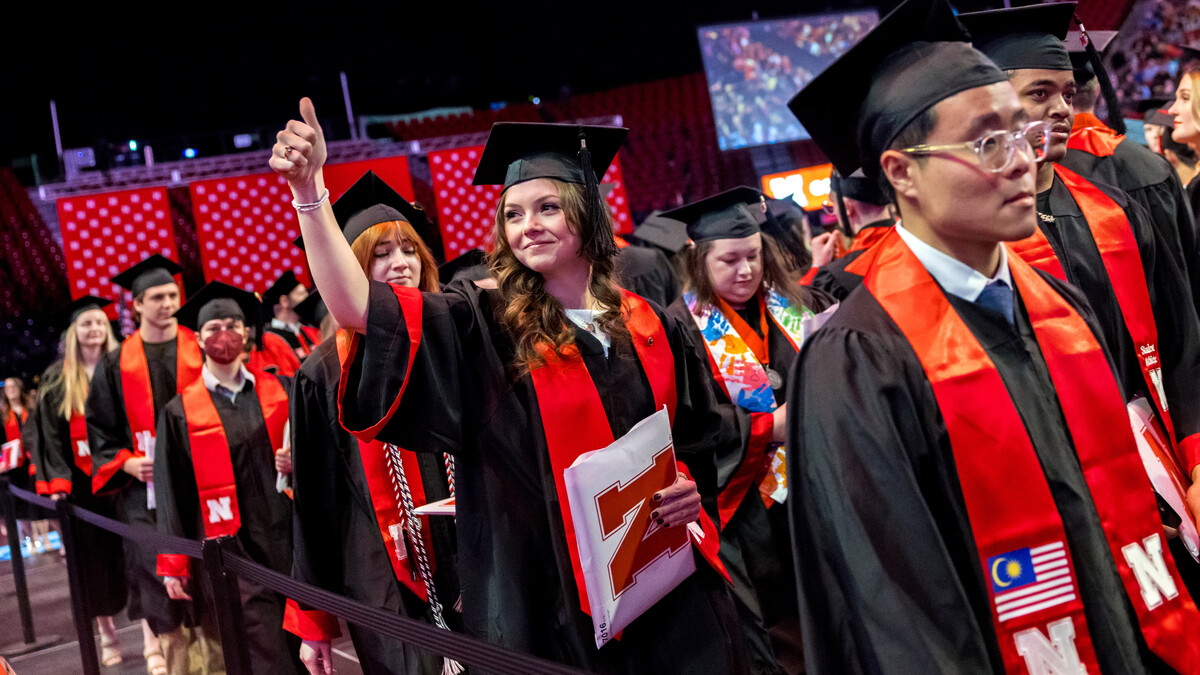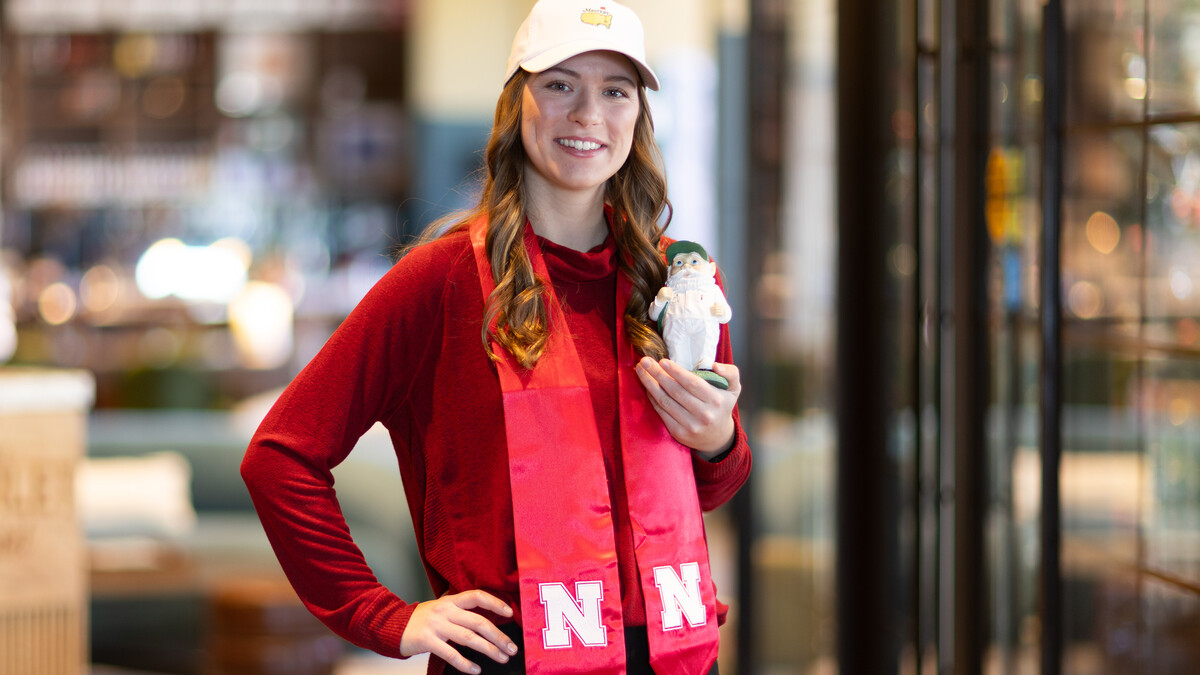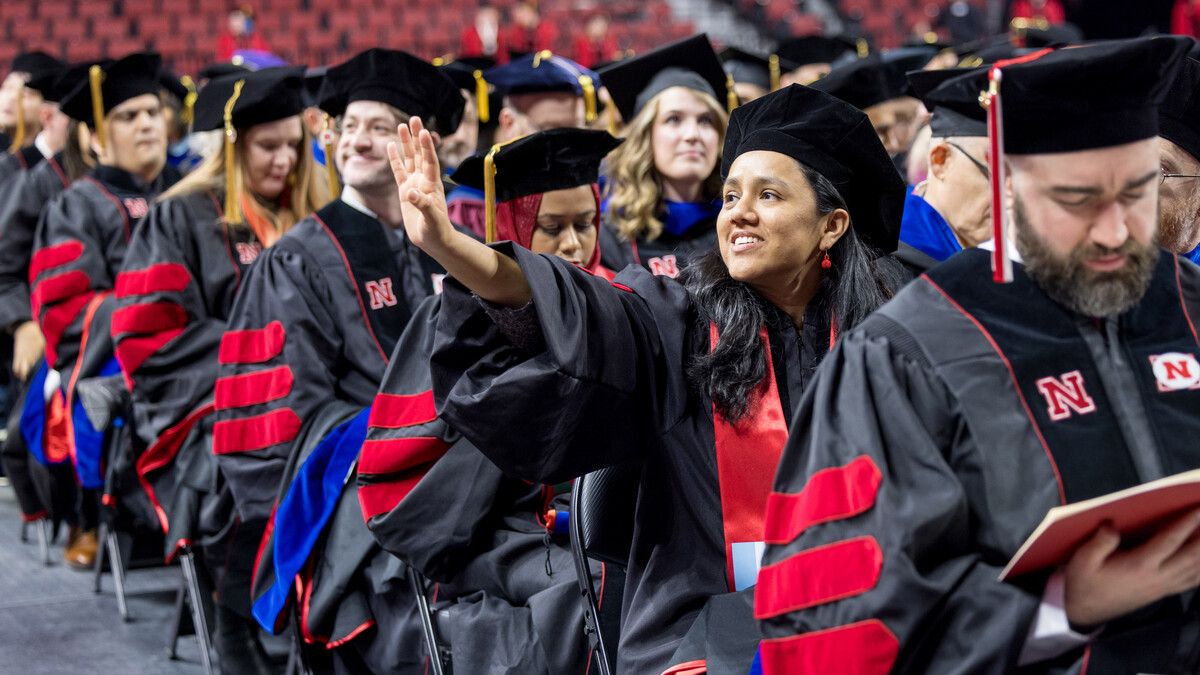
The Nebraska Department of Health and Human Services has awarded the University of Nebraska–Lincoln’s Bureau of Sociological Research more than $2 million over three years to conduct three significant health- and behavior-related yearly phone surveys.
The Nebraska Adult Tobacco Survey, Nebraska Behavioral Risk Factor Surveillance System and Pregnancy Risk Assessment Monitoring System inform policy decisions to improve the health of Nebraskans. The surveys are conducted throughout the year, with subjects selected randomly from lists obtained from sample vendors.
The Bureau of Sociological Research, which has provided research assistance to Husker faculty, academic departments, administrative units and students since 1964, operates as a “one-stop research shop” in Oldfather Hall. It develops and manages mail, web, telephone and in-person surveys and focus groups.
The bureau took over the behavioral risk surveillance survey for the state in 2013, the adult tobacco survey in 2015 and the pregnancy risk assessment in 2018. All three surveys had been conducted for many years prior to those dates, with the BRFSS going back decades.
BRFSS is a state-based system of health surveys about chronic health conditions, as well as different health behaviors.
“It’s one of the state’s main ways of understanding health among the adult population in Nebraska,” said Nikki Gohring, senior project manager at the Bureau of Sociological Research.
PRAMS surveys 2,500 women each year to “improve the health of mothers and babies in Nebraska,” according to the DHHS website.
The ATS collects data on tobacco use, attitudes toward tobacco use, tobacco control and prevention and more. ATS is part of the Tobacco Free Nebraska Program. According to Tobacco Free Nebraska, the Nebraska Unicameral allocated $2.57 million annually to TFN from the Tobacco Master Settlement Agreement in 2004. This amount fluctuates slightly every year based on legislative appropriation, and TFN receives about $1 million annually from the U.S. Centers for Disease Control and Prevention.
The grant money funds 40 to 50 personnel, such as supervisors and interviewers, who call Nebraskans within the selected sample for each survey.







